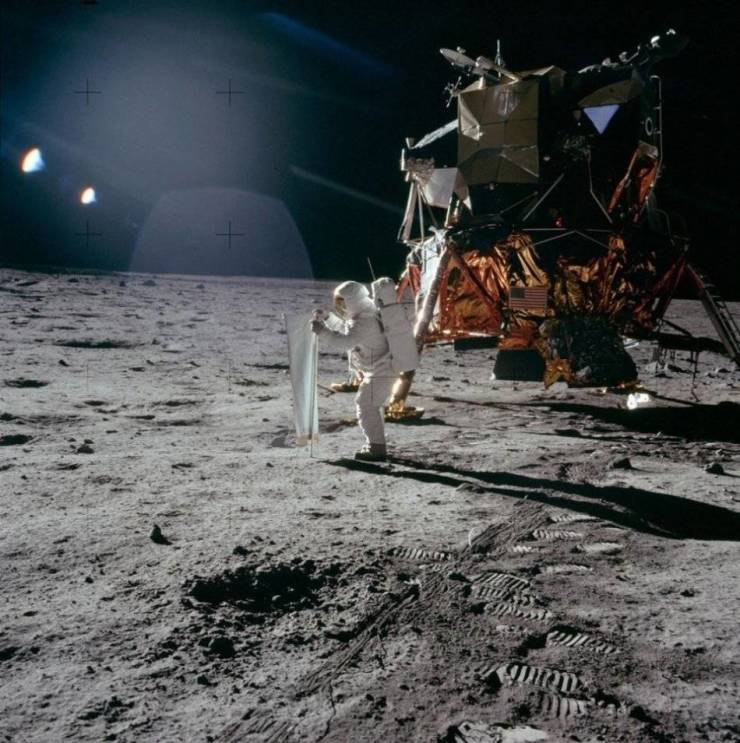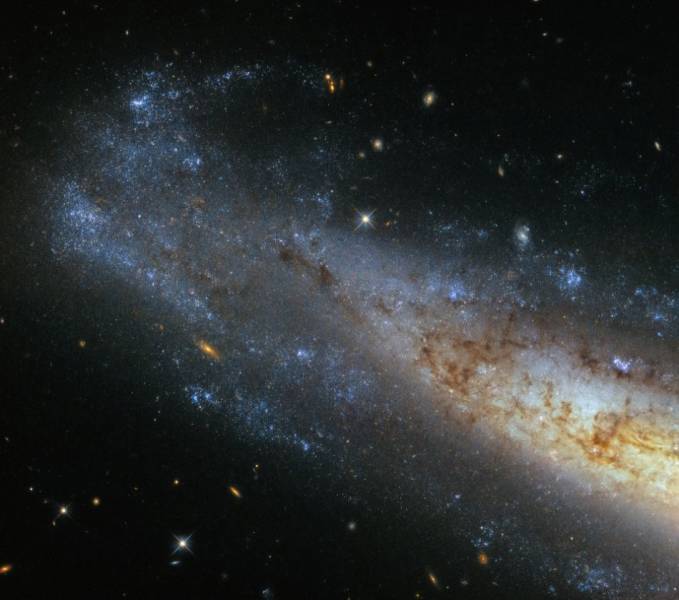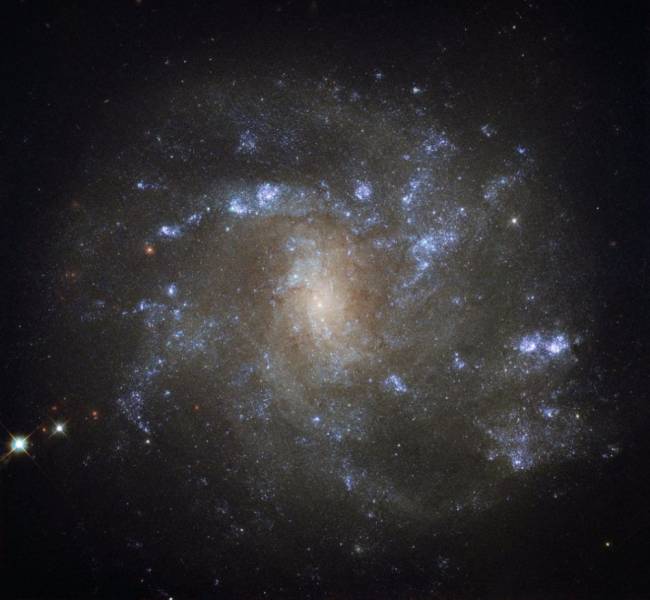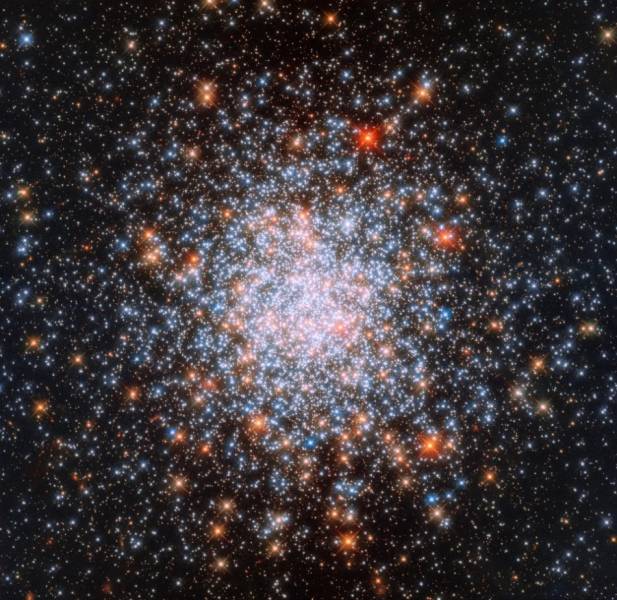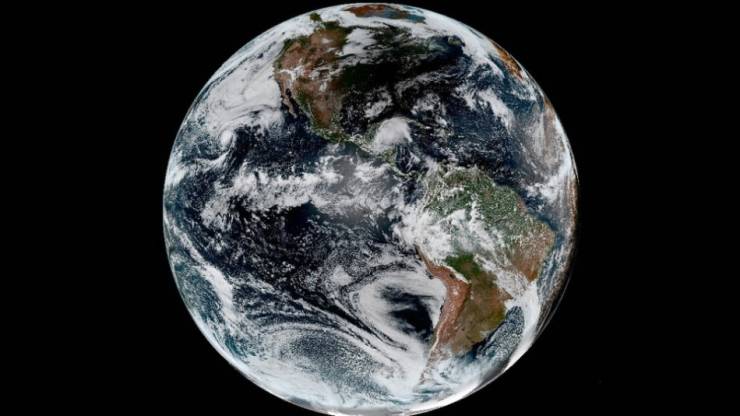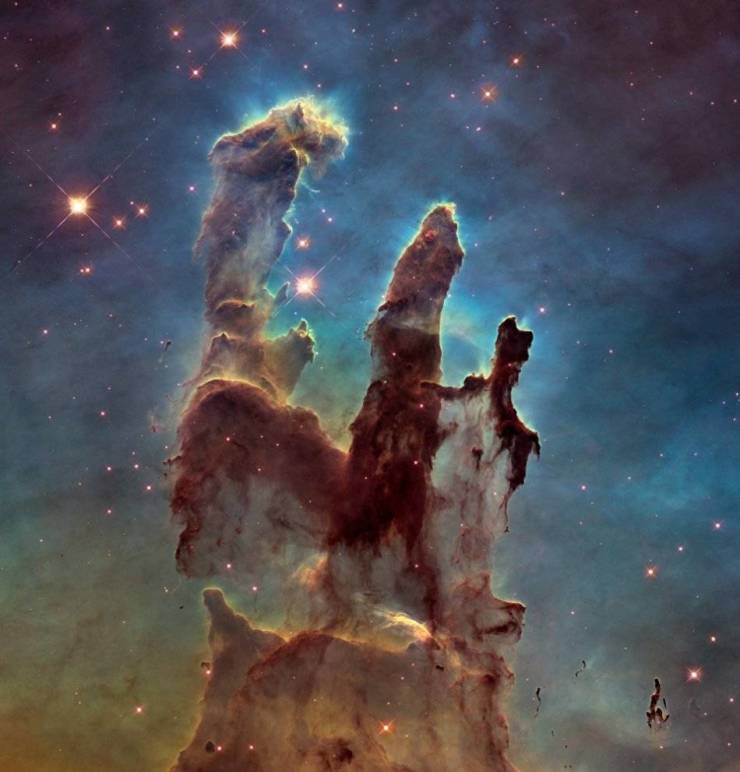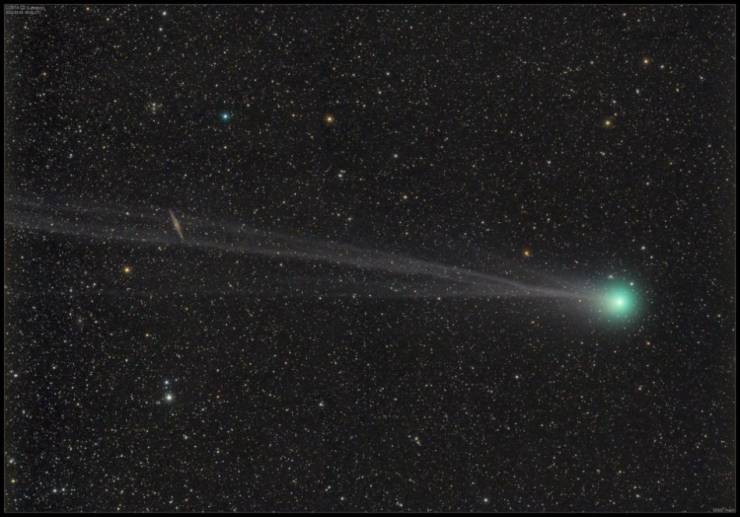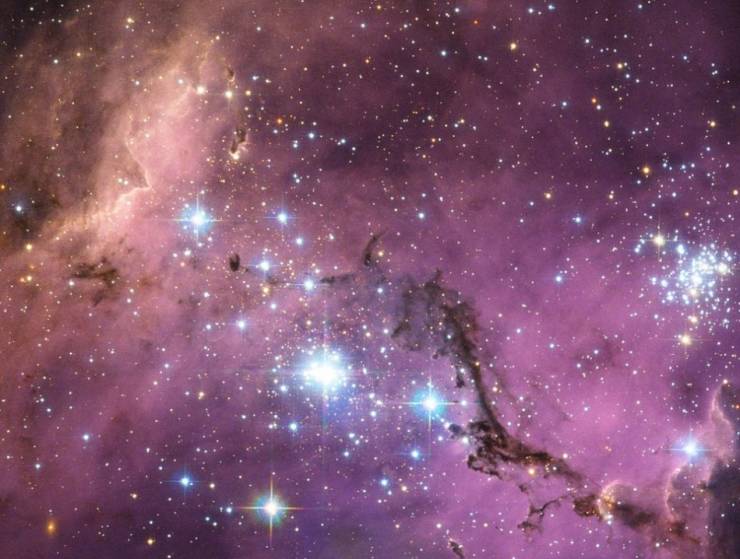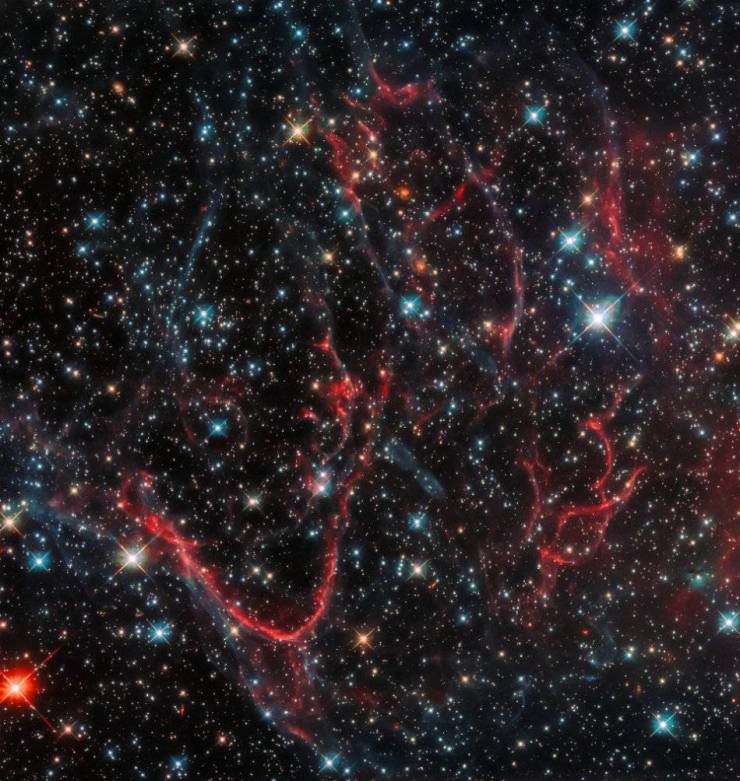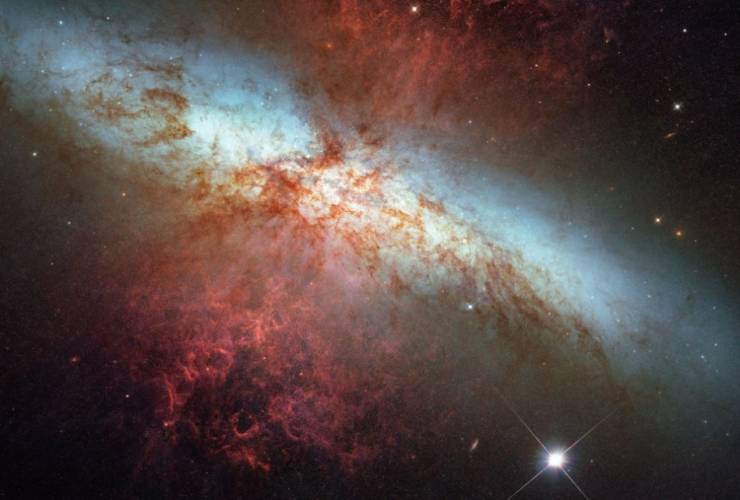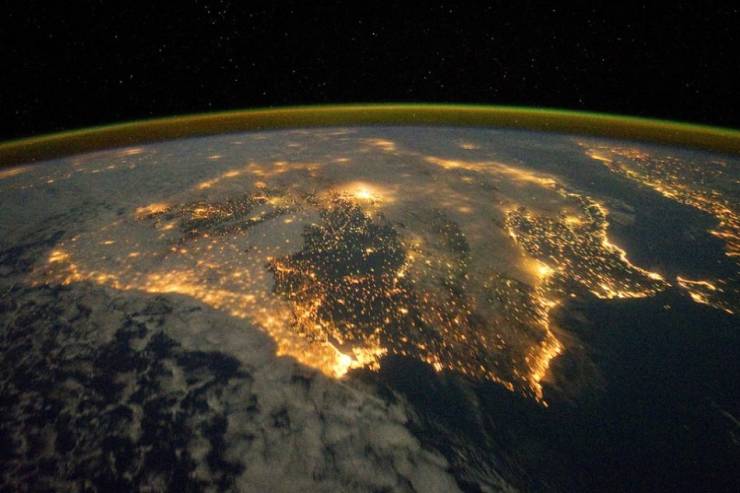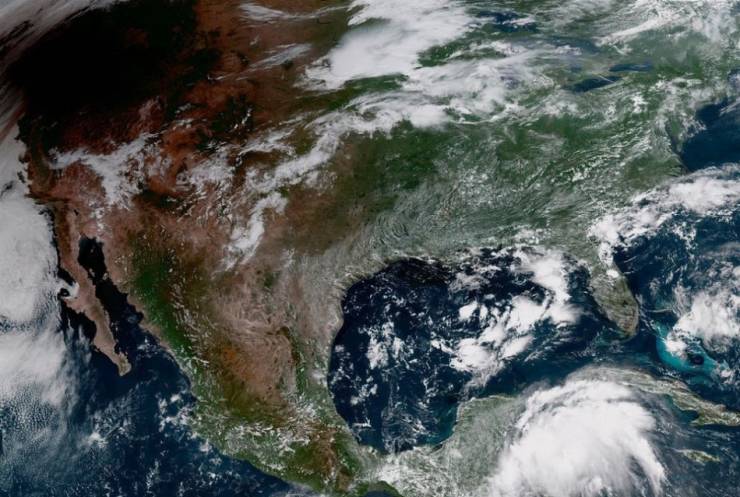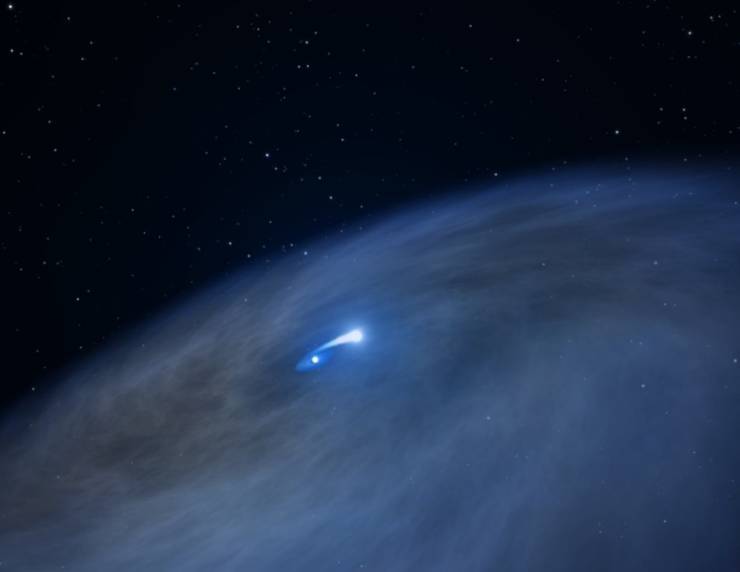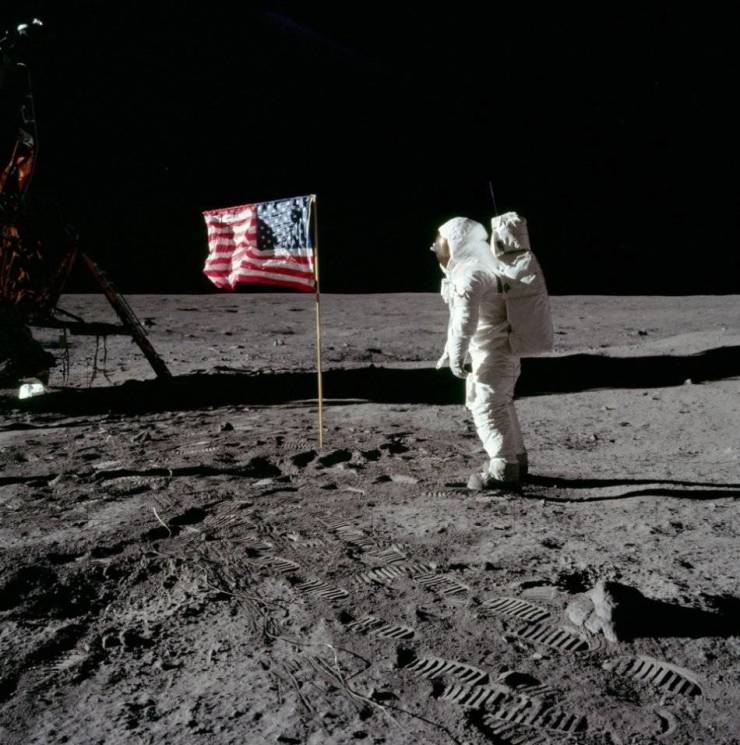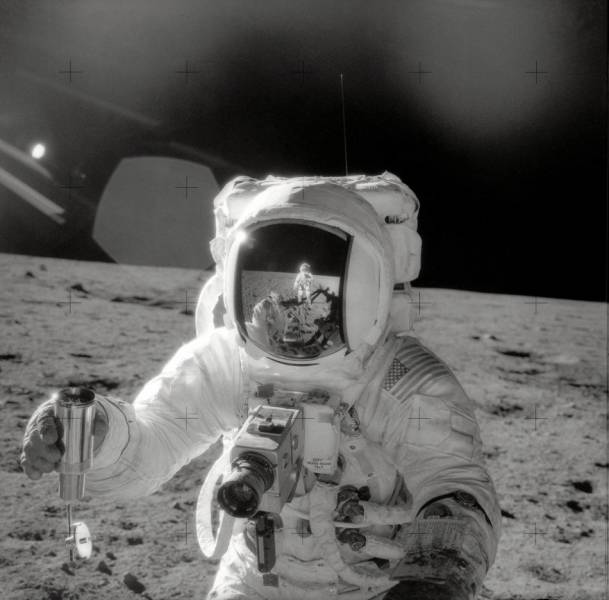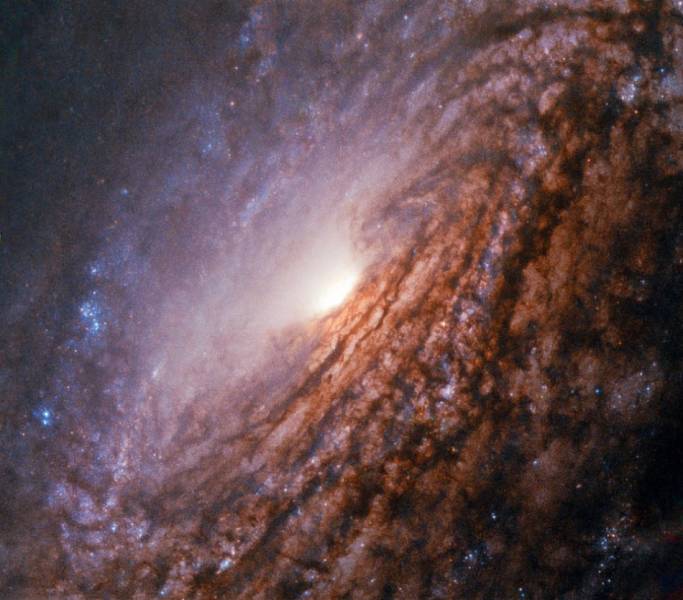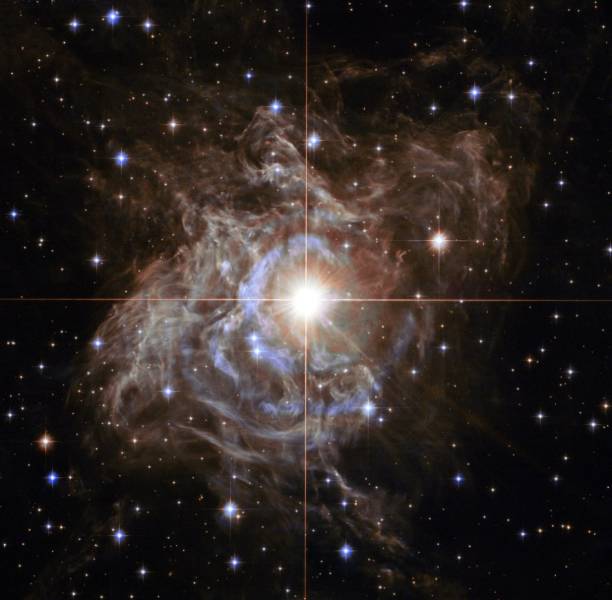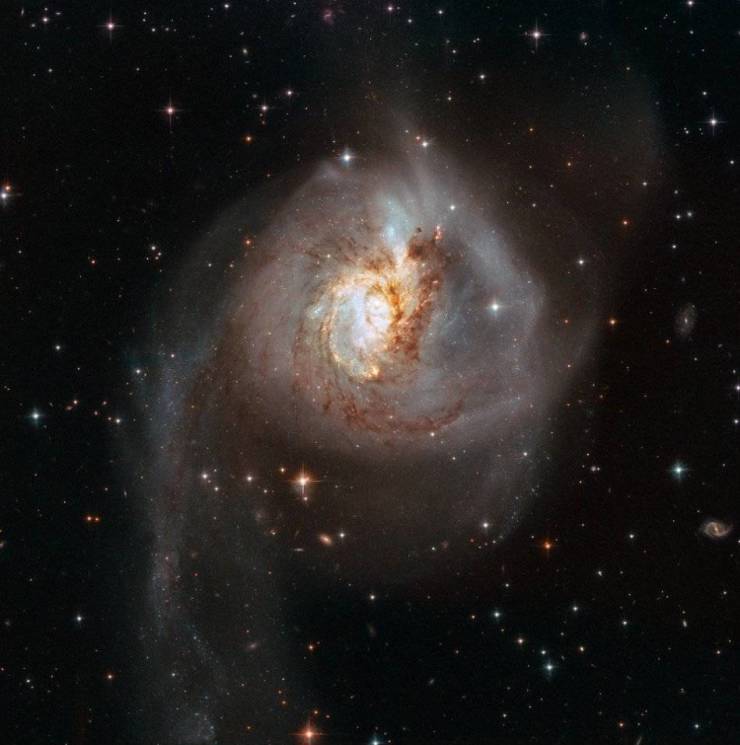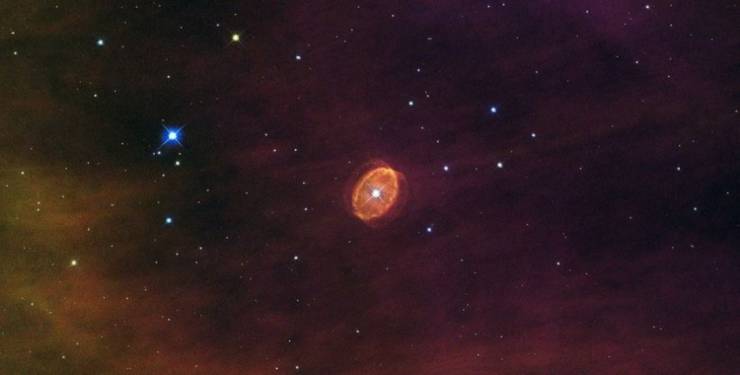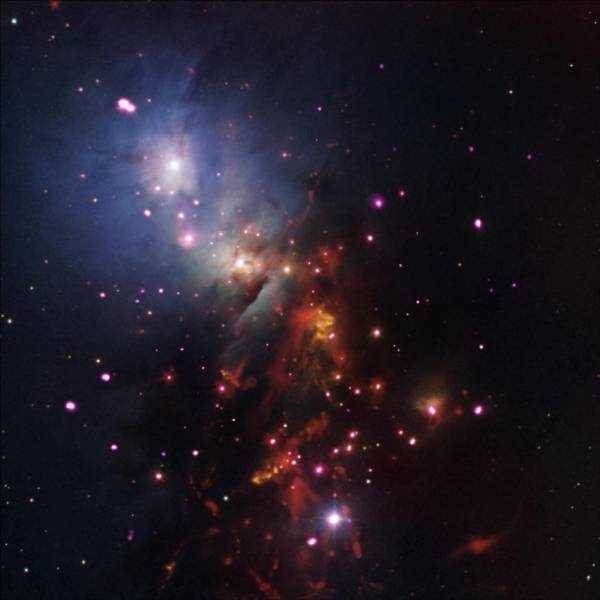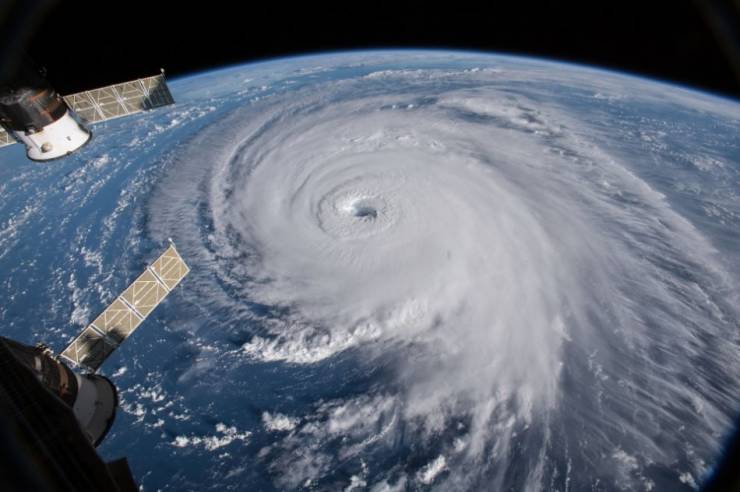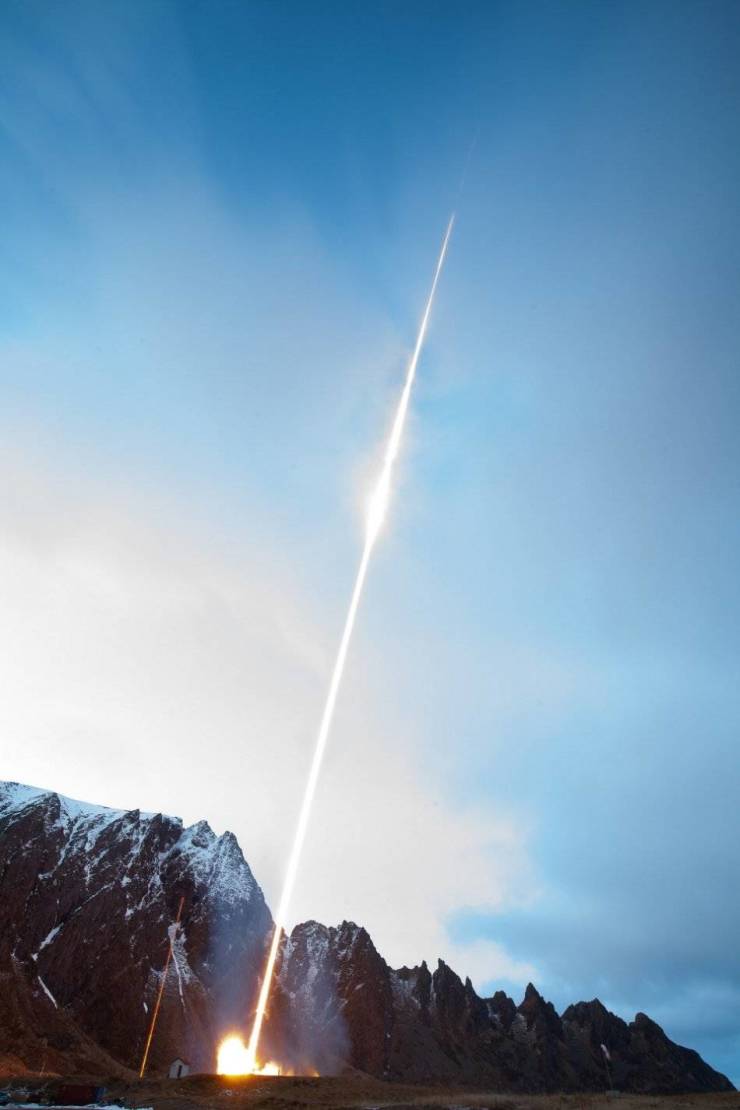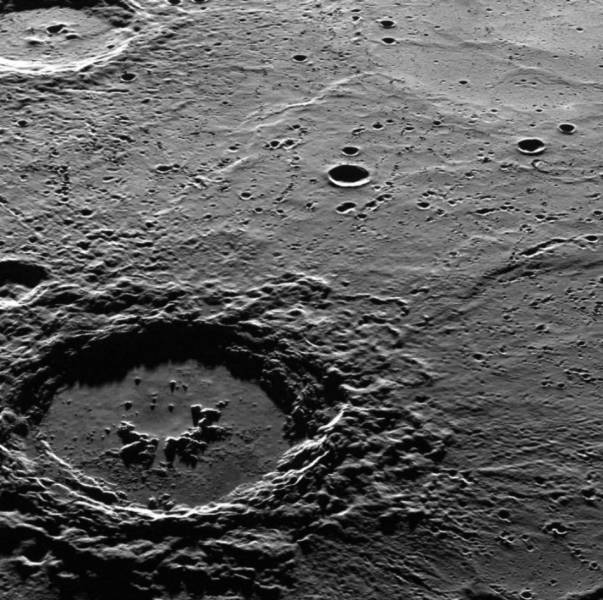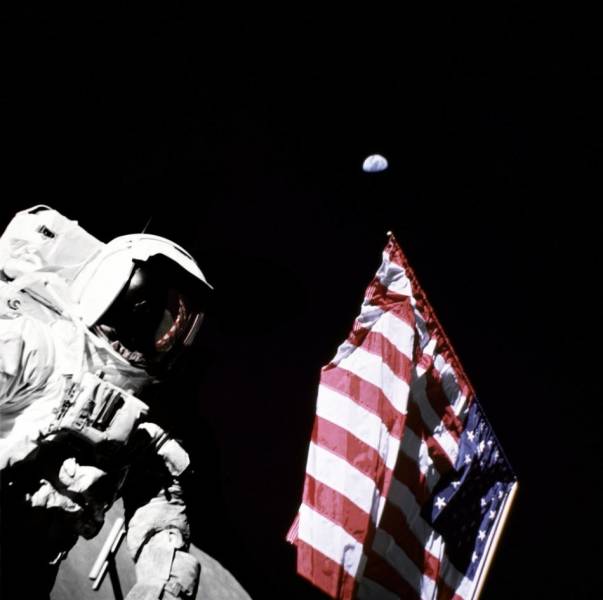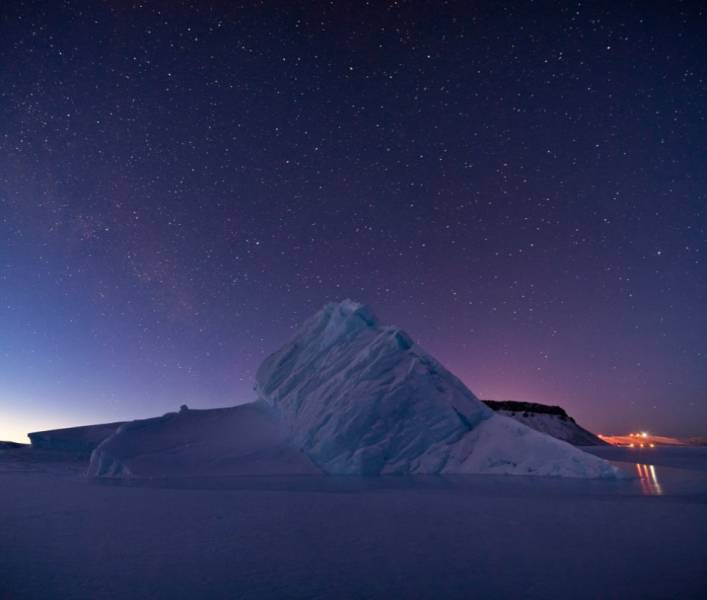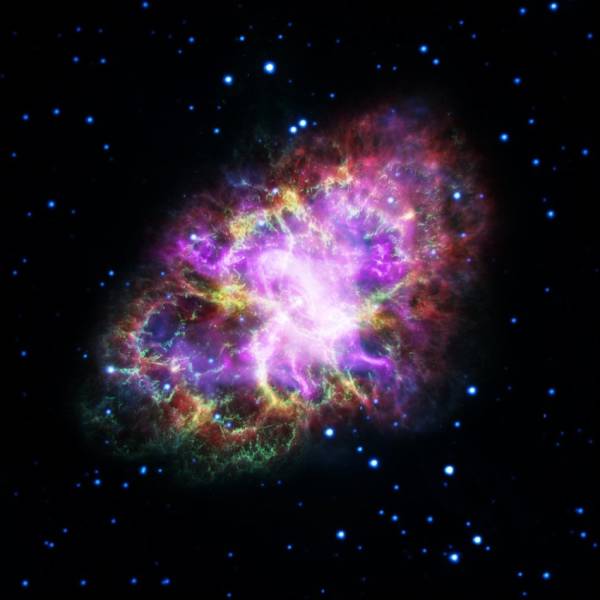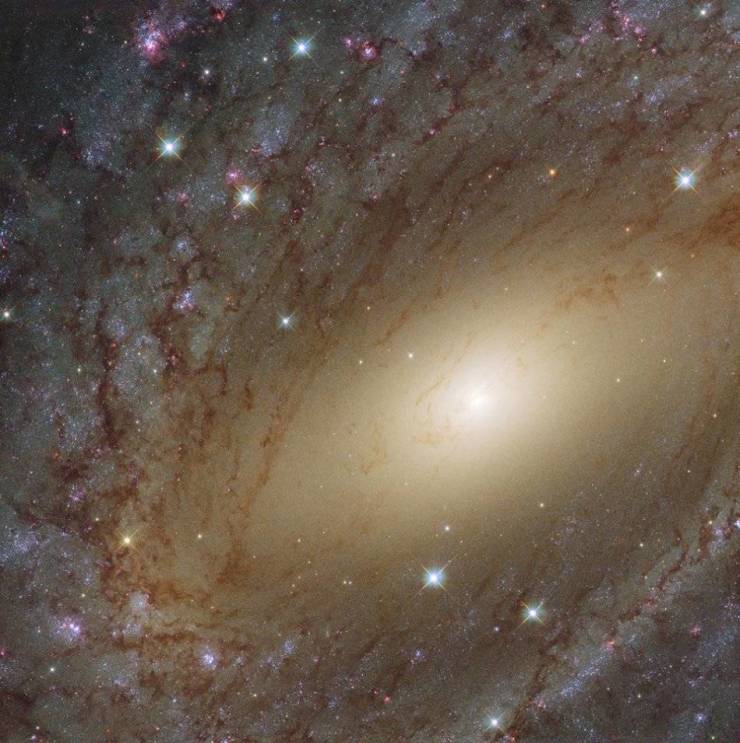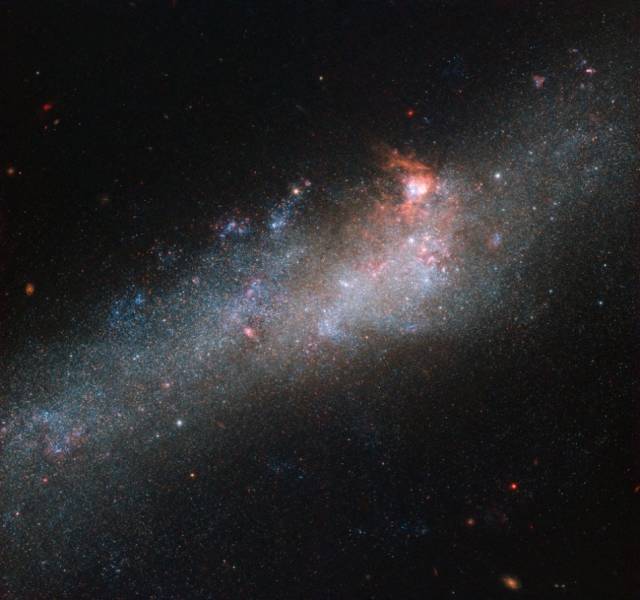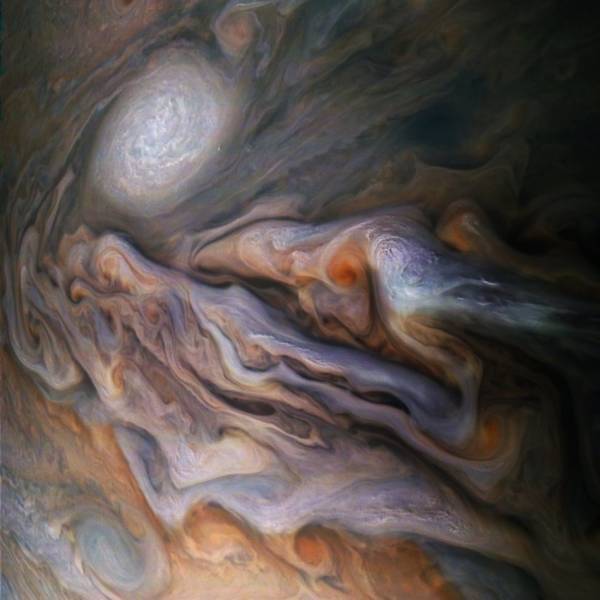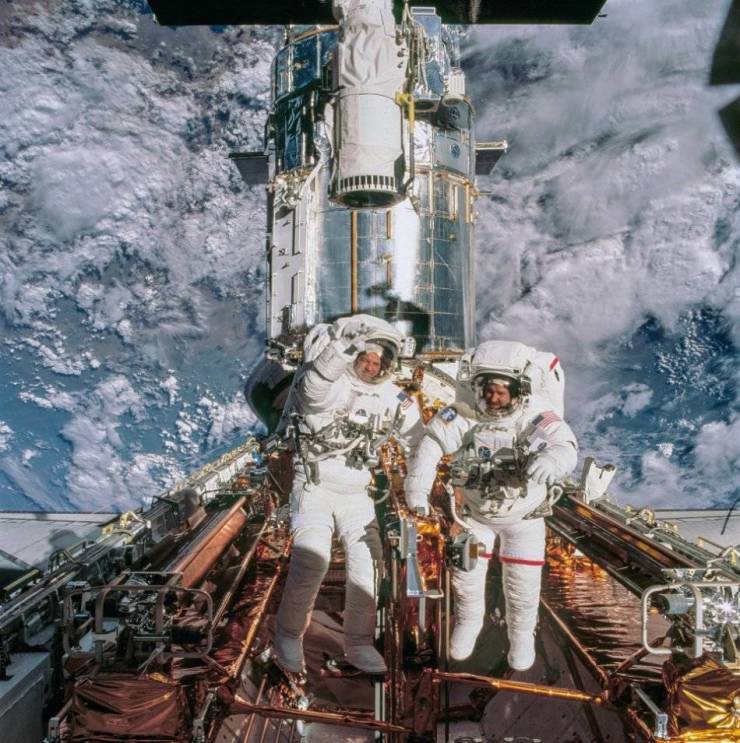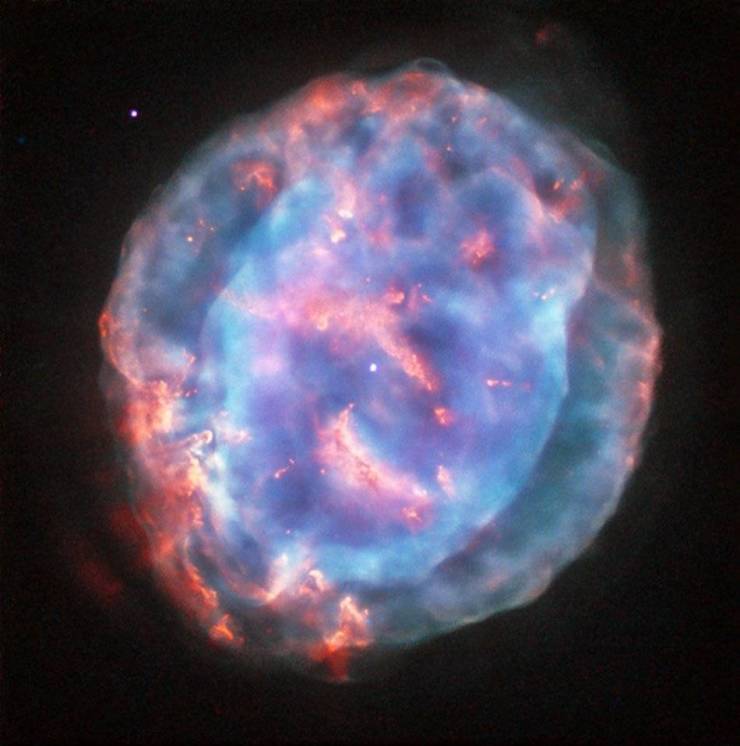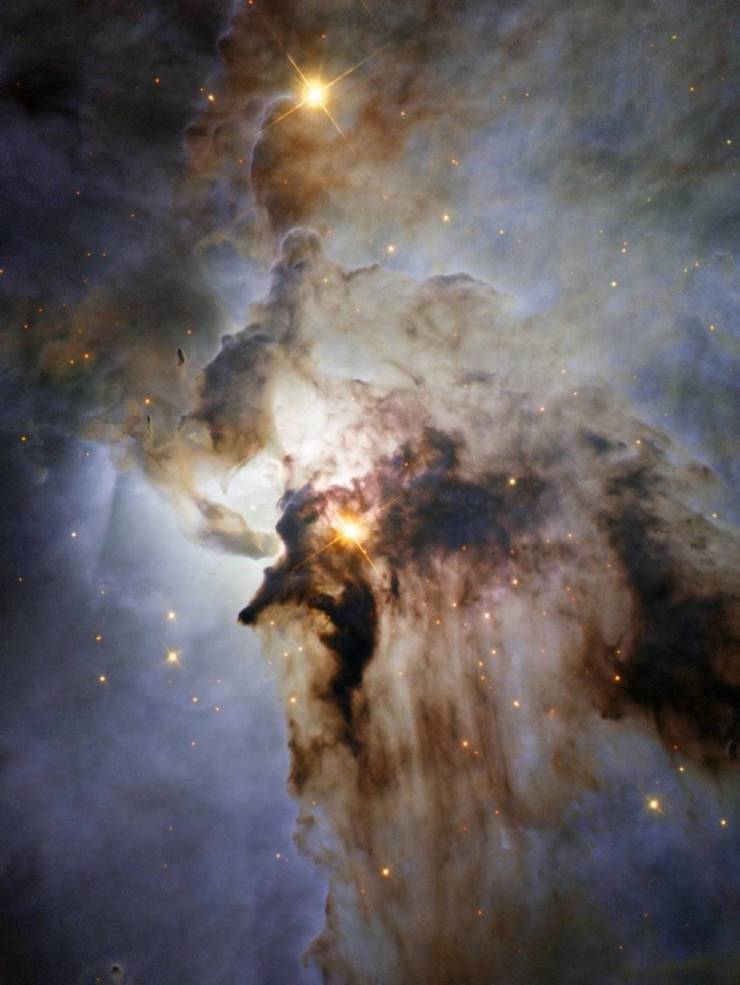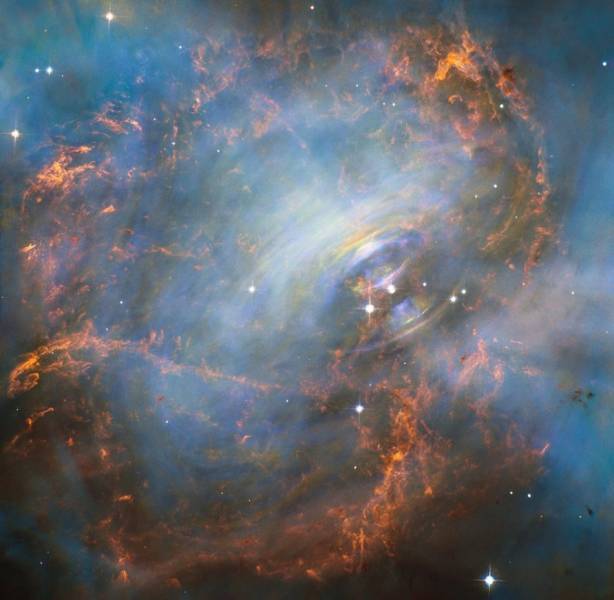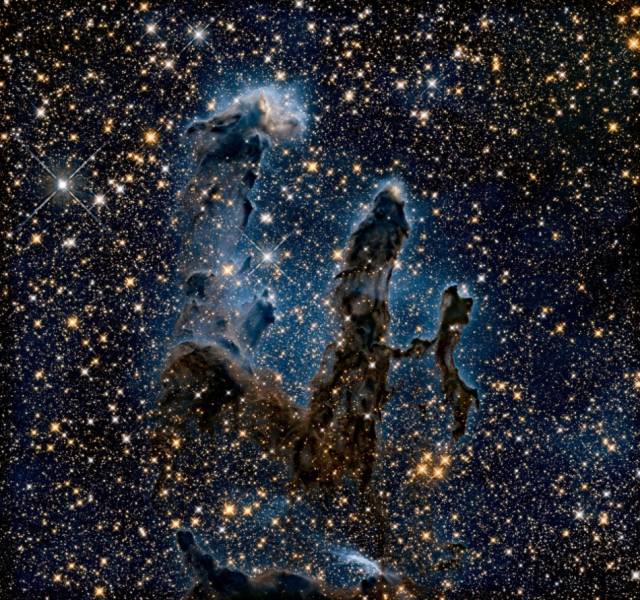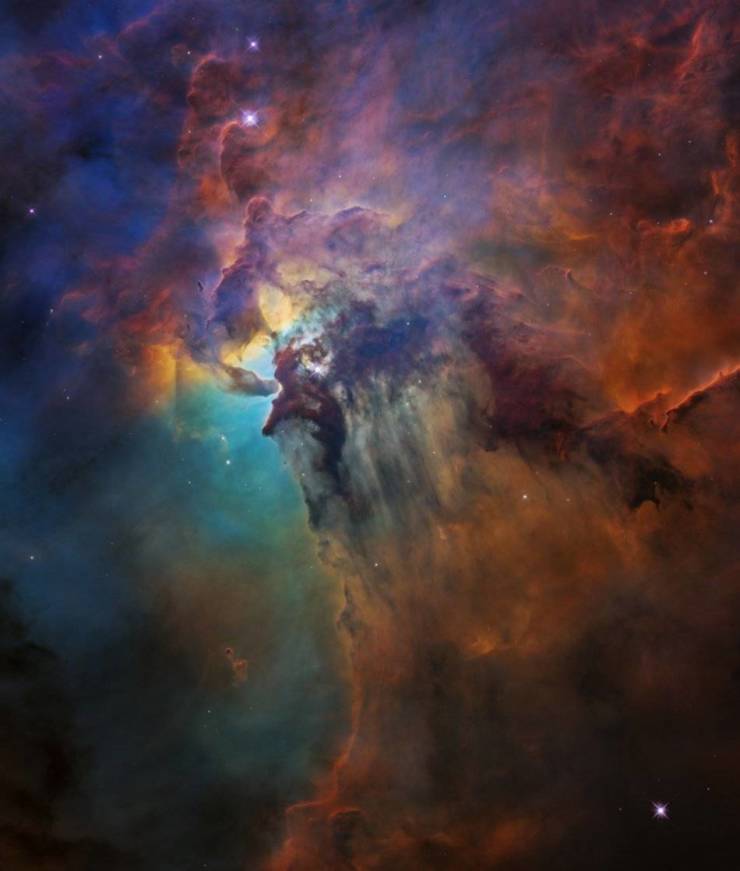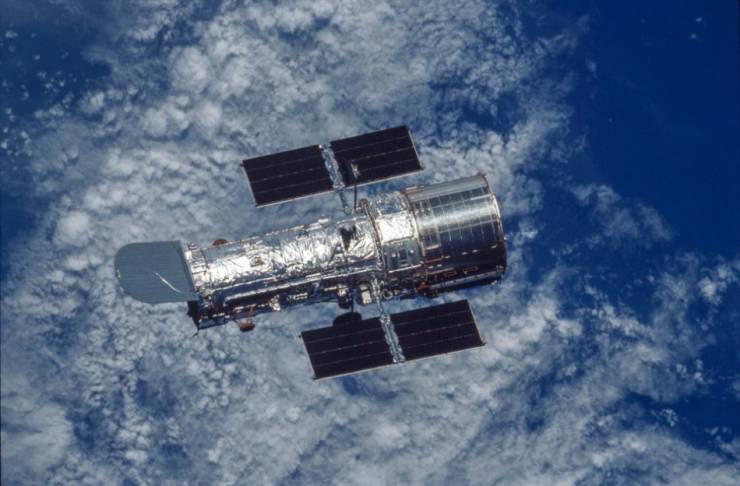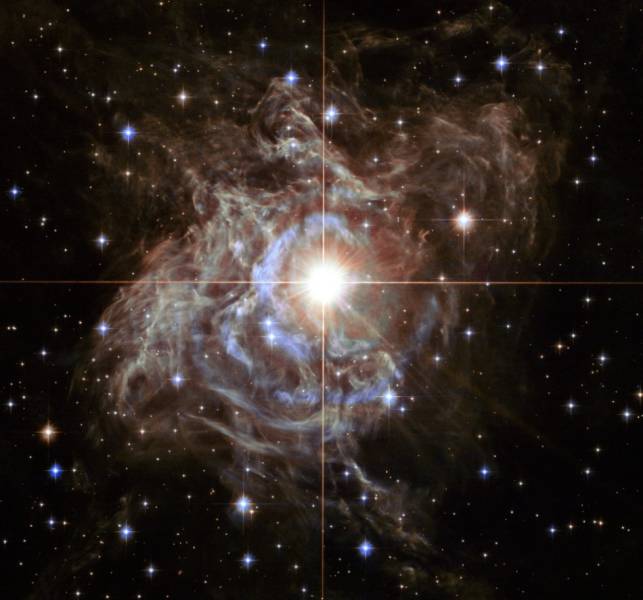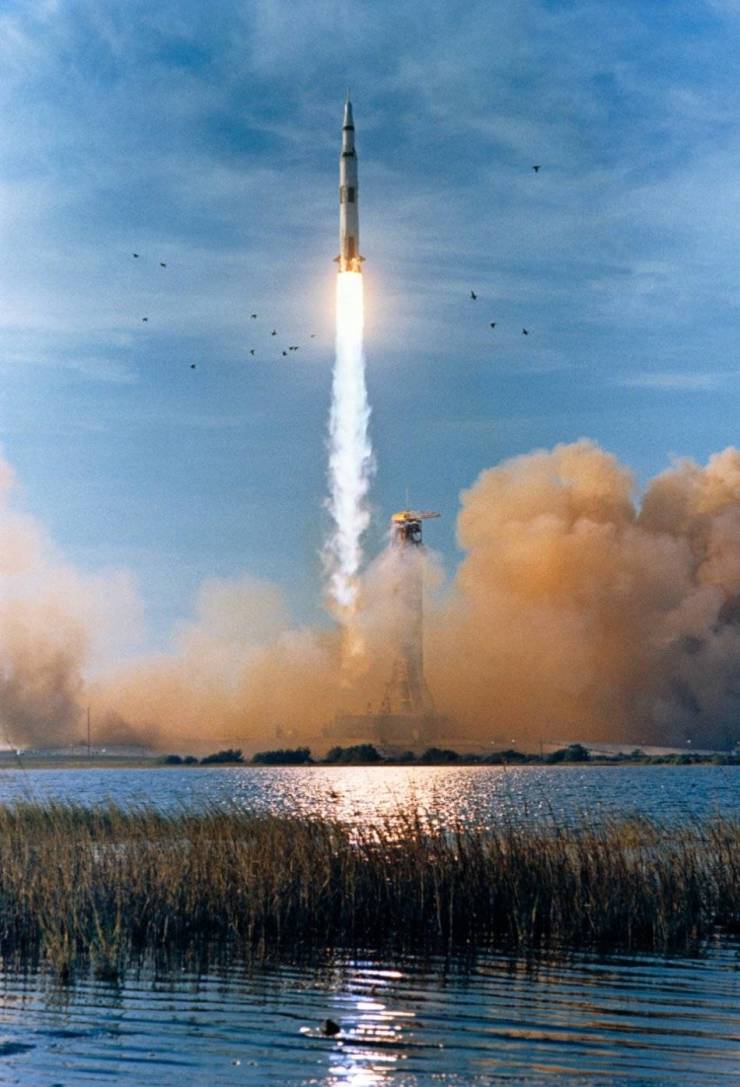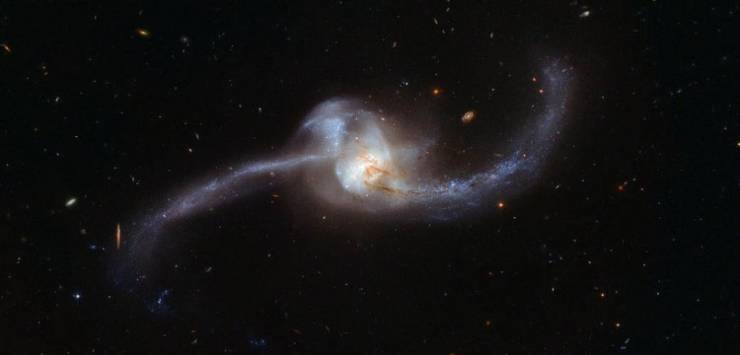In roughly 13,000 years the North Star will have changed from the current star, Polaris, to Vega. Then 13,000 years later it will switch back to Polaris.
This is because the Earth’s axis moves and changes slightly over time, and 13,000 years is enough time to change our north-most star.
Neutron stars (stars that are born in a core-collapse supernova star explosion, obviously) can rotate anywhere between 60 and 600 times a second.
To put that into perspective, neutron stars are around 150 times the size of Earth. It’s also important to know that the Earth spins around 1000 miles per hour and, of course, takes 24 hours to spin once. So I can’t even wrap my head around how much larger and faster that star is.
Space is completely silent because sound waves need to travel through something, and space is pretty much the largest collection of nothing ever.
Watch this scene from Gravity with some good headphones or surround sound to get an idea of how fucking terrifying that is.
When Anakin Skywalker was a kid he said he wanted to visit all the stars. What a stupid idiot, cause there is an uncountable amount of stars. Currently, estimates put it at roughly 70 sextillion, or 70,000 million million million.
Anakin quickly learned that he probably couldn’t visit them all, so he decided to choose a life of murder and genocide instead.
More energy from the sun hits Earth every hour than we use in an entire year. So break out those solar panels!
We produce around 98.9 gigawatts of energy from solar power each year, but that only makes up around 0.7% of our annual energy usage.
The footprints left by astronauts on the moon will be there for quite a long time. Actually, I’d put my money on they would be trampled by future astronauts long before erosion takes them away.
Because there isn’t an atmosphere on the moon, the only erosion it experiences is being pelted with micrometeorites (and possibly larger ones too), so it is estimated that those footprints will be there for around 100 million years.
On Venus, one day is longer than one year. The planet spins so slowly that it takes roughly 243 Earth days to spin around once, while it only takes 226 Earth days to complete a trip around the sun.
In space there’ss a phenomenon called “cold welding”, where if two of the same metals touch in the vacuum of space they will bond and stick together permanently.
This is because there is nothing between the atoms of the two metals when they touch (unlike on Earth, where air or water could separate them), so it joins together to form one solid chunk.
It’s like if you were to pour a water bottle into a sink of water, it all becomes the same water. But if you dropped the bottle into the sink, they’d be separated by the plastic. Is that a great analogy? Probably not, but I’m not a scientist so cut me some slack.
The largest asteroid in our solar system is Ceres, a huuuuuge rock in the Asteroid Belt between Mars and Jupiter. It’s around 600 miles in diameter, and makes up roughly a third of the belt’s mass. Imagine the entire country of India floating around in space.
Our sun is so dense and large that it accounts for 99% of all mass in our solar system.
Saturn boasts a pretty impressive 62 moons, with one of them, Iapetus, sticking out more than the others. Iapetus is unique in that it has a distinct 2-tone coloration where one side is much, much darker than the other (turns out it’s because it is just outside of Saturn’s rings and gets hit in the same spots with debris).
This is special because it’s the only moon in our solar system that looks like it.
Jupiter’s big Red Spot is shrinking. The giant storm on the planet used to be able to fit 3 Earth’s inside of it (I remember that from 7th-grade science), but today it can only fit about 1 Earth.
Because you do not use your feet as you would on Earth, they become soft and start to peel easily.
Astronauts are taught to be careful taking off socks and underwear, so that dead skin flakes do not float around everywhere.
We have roughly 1800 confirmed planets outside of our solar system, with about 3000 awaiting confirmation.
Most of the planets found are hot gas giants, so no luck for aliens yet.
By spending enough time in space, you become slightly taller. This is because there isn’t gravity pushing down on your spine, and it straightens out the more time is has in zero-gravity. It’s a neat way to gain an extra 5cm.
The seperation between Earth and Space is called the Karman Line, and is only about 100km straight up.
The crew of the Apollo 11 did not have life insurance (apparently there wasn’t coverage for spaceship-related deaths), so if they did not return their families would have been left with nothing.
They each signed photographs of themselves and had them stamped on the start date of the mission, July 16, 1969.
These photographs could be sold by their family members to help out financially if needed.

